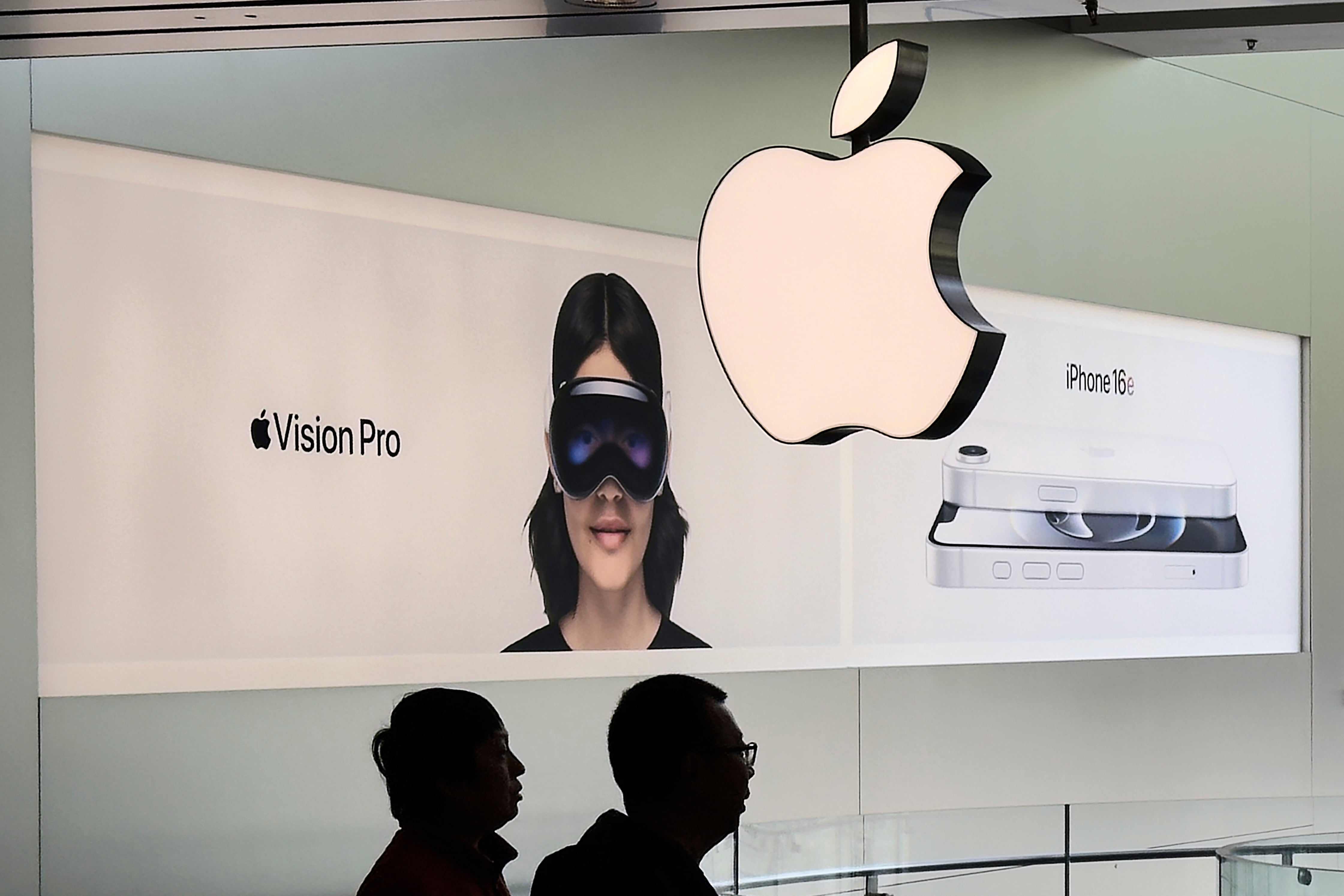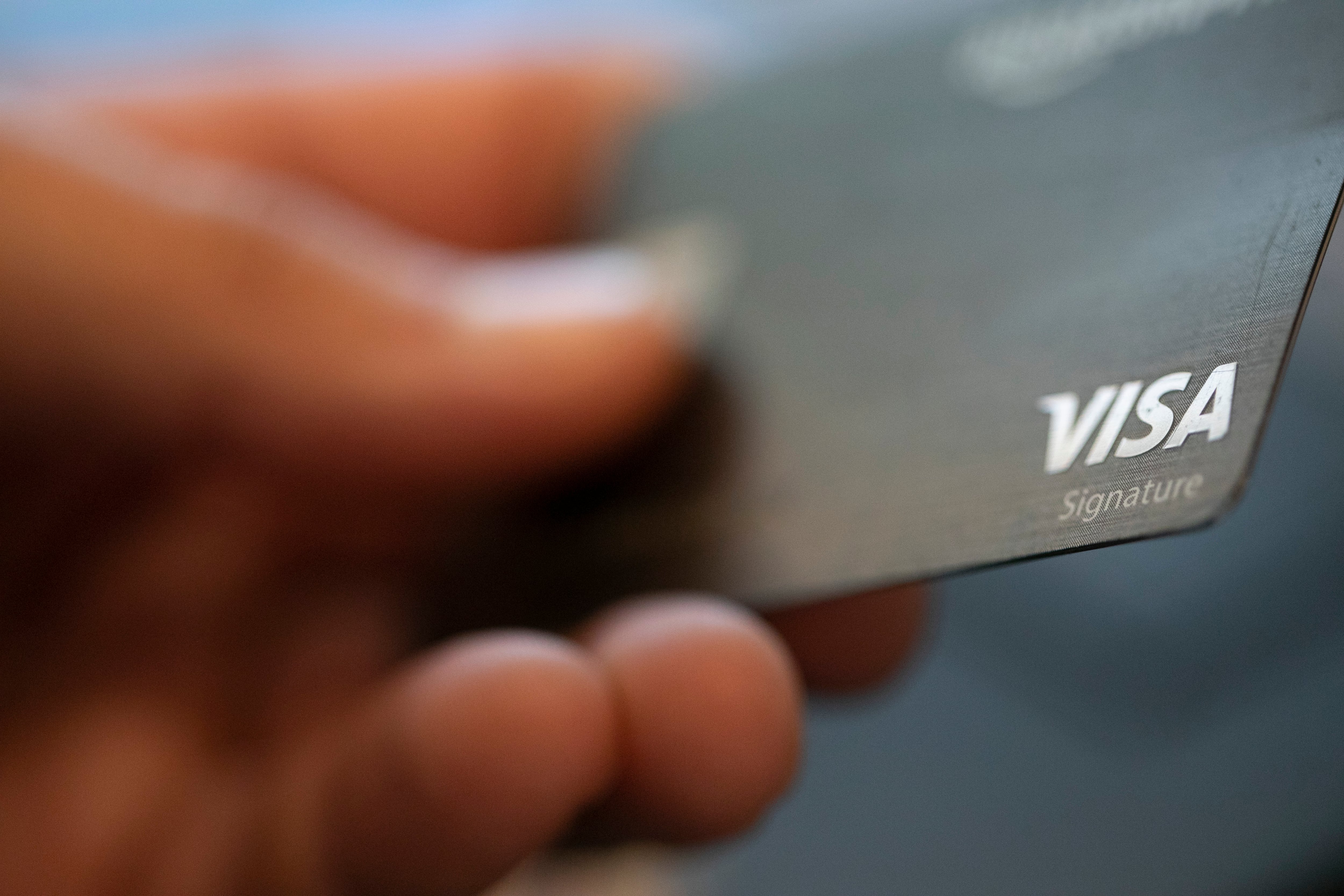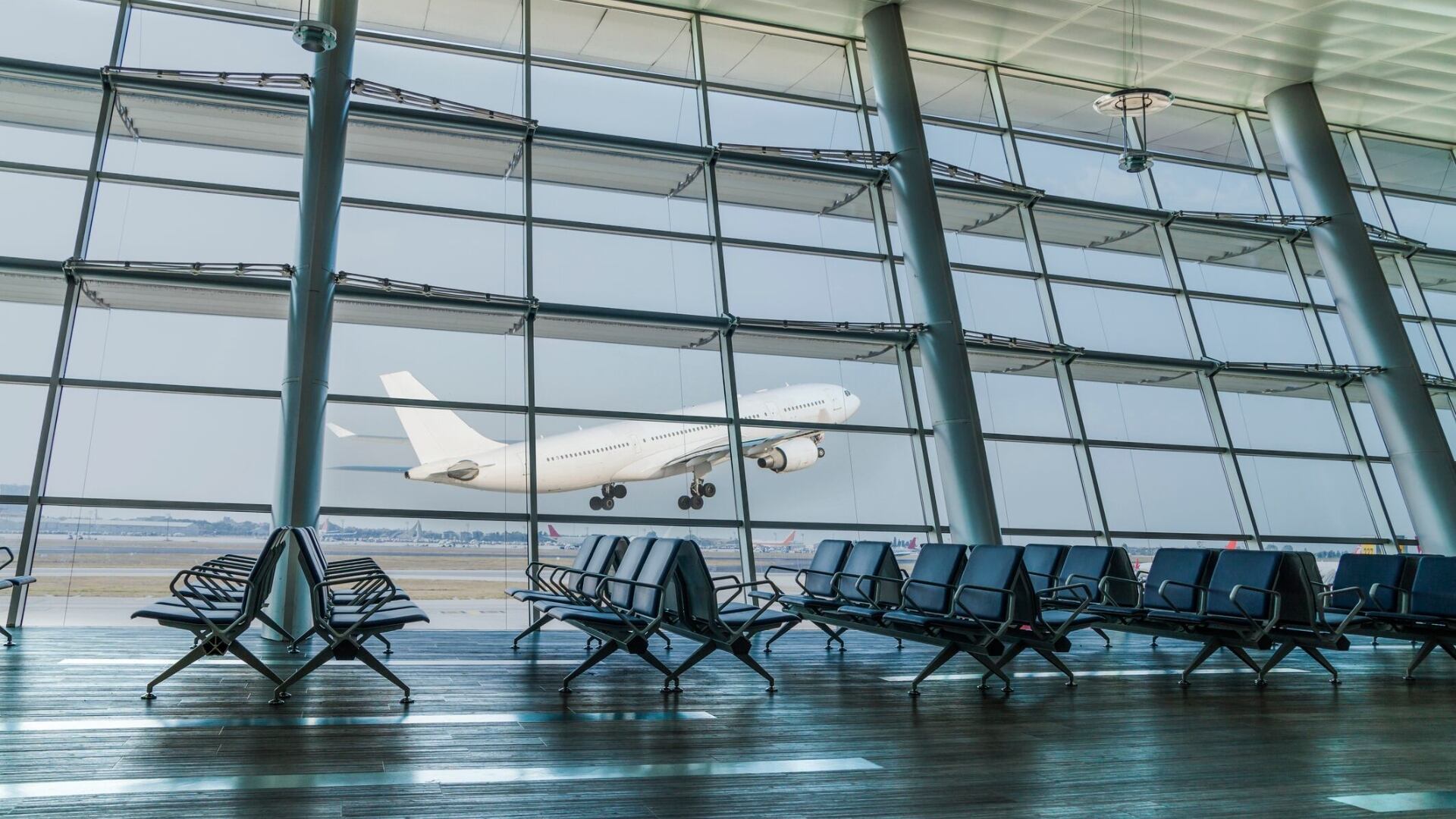Walmart and Postmates have teamed up to delivery groceries in Charlotte, N.C., with the aim of expanding Walmart's grocery delivery service to include 40% of U.S. households. The pilot partnership is the latest move in the race to control online grocery shopping and delivery. The e-commerce giant Amazon led the charge last year when it purchased the grocery chain Whole Foods in December. The new deal with Postmates will enable Walmart to overcome logistical hurdles that make local delivery difficult, said Dan Mosher, Postmate's senior vice president and merchant lead. The delivery company has 160,000 couriers delivering products for 270,000 business in the U.S. and Mexico City. Mosher said Monday in an interview on Cheddar that Walmart's position as one of the largest and most popular grocery stores in the United States made it an attractive partner for Postmates, which is fighting off challenges from well-funded delivery rivals. One of the most vexing issues for retailers ー even the behemoth Walmart ー has been figuring out the proper logistics for the "last mile" of delivery, said Mosher. Postmates is well positioned to help Walmart, he said, by relying on the delivery company's fleet of couriers and "an algorithm that is improving every day." "We're doing things like batching orders and this is something that Walmart is really going to benefit from," said Mosher. "Going into those locations and picking up one, two, and three orders, and being able to really use software to drive down the cost and make that work financially." Postmates has been feeling the pressure from rivals including DoorDash, which received an investment of $535 million last month led led by the Japanese conglomerate SoftBank Group. That investment could be used for DoorDash's international expansion. For the full interview, [click here](https://cheddar.com/videos/new-power-couple-alert-postmates-and-walmart-team-up).












